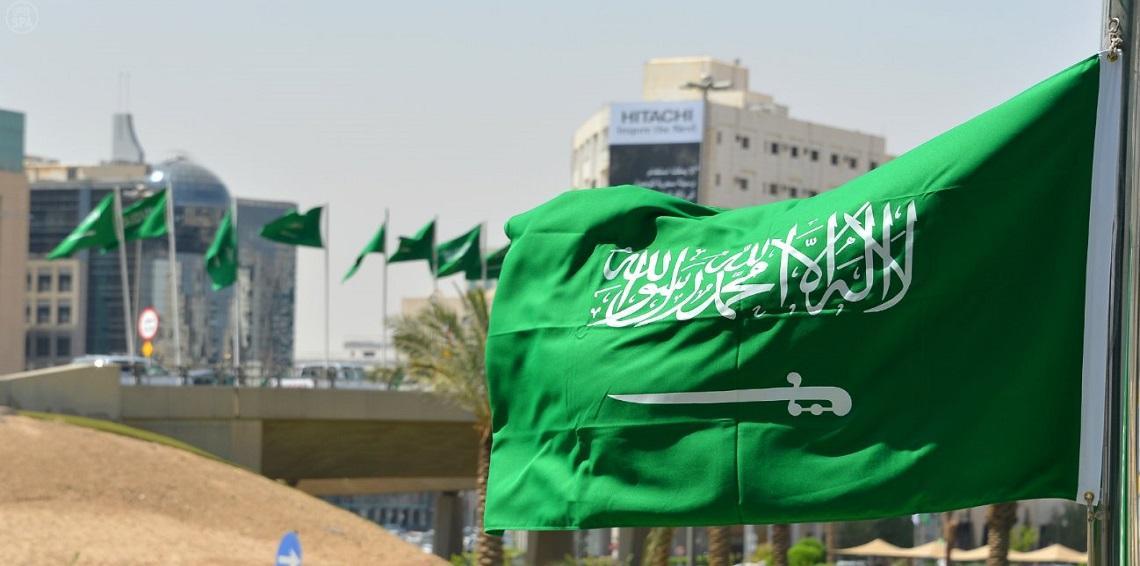The consumer price index (CPI) in Saudi Arabia went up 2.9% in November compared to the year-ago period. However, it fell 0.1% compared to October’s 3%, driven mainly by housing, utility, and energy price increases, official data showed Thursday.
The prices of housing, water, electricity, gas, and other fuels went up by 4.7% during the period compared to the same month last year due to the increase in actual rentals for housing by 5.4%, according to a report from Saudi General Authority for Statistics (GASTAT).
“Prices for housing were the main driver of the inflation rate in November 2022 due to their high relative importance in the Saudi consumer basket, with a weight of 25.5%,” GASTAT stated. Food prices also edged up by 3.6%, in particular meat prices which rose 4.5%.
A 4% jump was seen in transport driven by price increases in motor cars. There were also increases in restaurants and hotels due to the rising prices in catering services, which went up by 6.9%. Education edged by 3.6% while recreation and culture rose by 2% resulting from the increase in charges of renting rest houses and camps.
In contrast, a 0.4% decline was seen in personal goods and services. The clothing and footwear segment went down by 1.3% due to the 2.4% drop in the prices of garments.
The economy in the kingdom grew 8.8% year-on-year during the third quarter of 2022, GASTAT data showed, driven by a jump in oil-related activity. Oil activities went up by 14.2% year-on-year during the period, estimates showed.
Non-oil activities also saw a 6% growth, yet fell 0.5% quarter-on-quarter. The non-oil private sector contributed 50.7% to the overall GDP, while manufacturing excluding petroleum refining had a share of 7.8% and government services activities contributed to GDP with 14.1%.
Saudi Arabia will focus on boosting its non-oil economy next year, Minister of Economy and Planning Faisal Alibrahim said at the World Economic Forum in Davos, Switzerland, in May.
Revenues from the energy sector still make up a big part of the Gulf state's economy, yet the country is trying to diversify its income by developing industries from tourism to entertainment and car manufacturing.
The International Monetary Fund had earlier cautioned oil-producing nations in the region against heavily relying on price boom.










